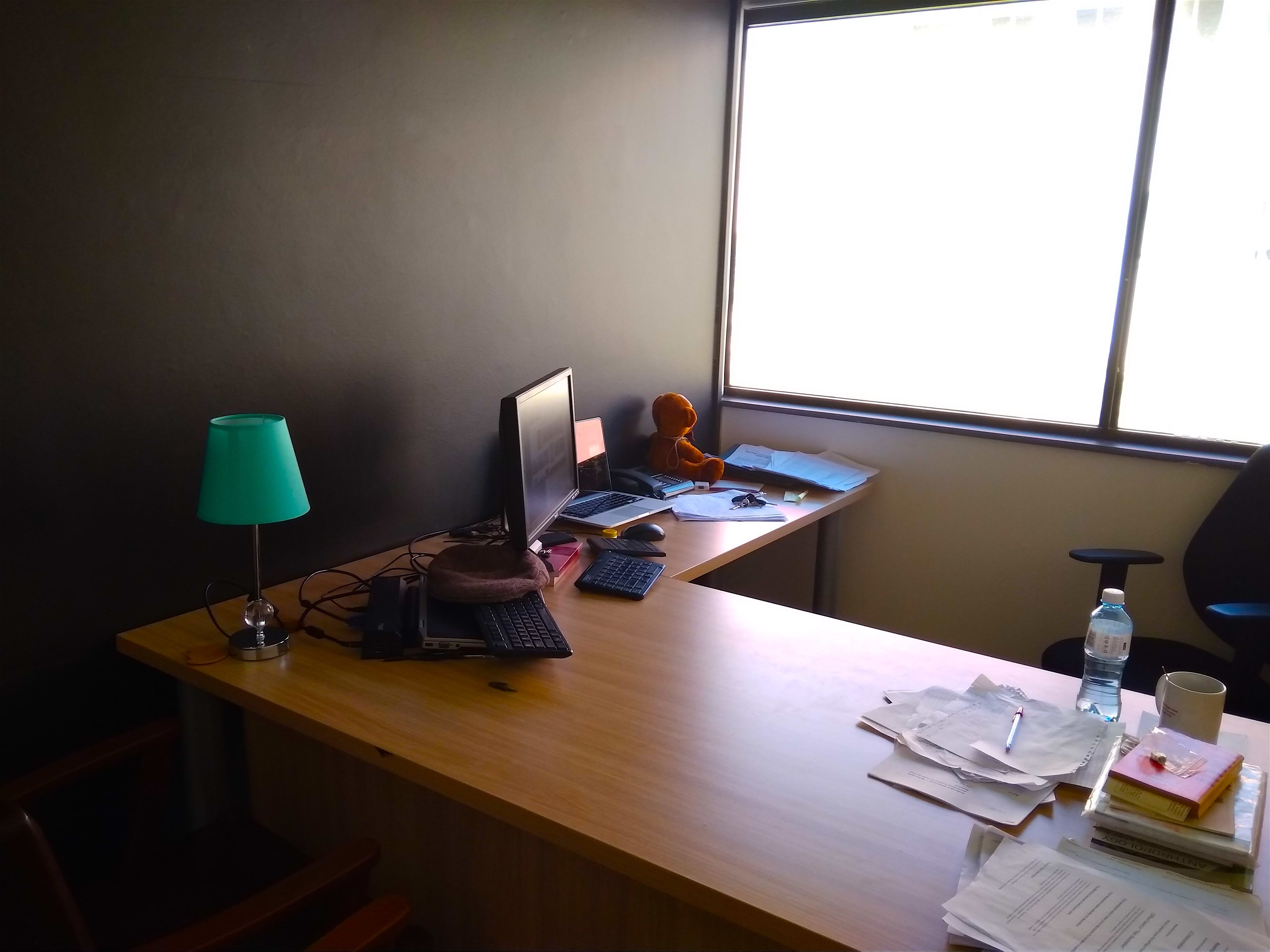The Academography project began in late 2016 and now it’s almost March 2018, so it seems as good a time as any to take stock of our progress.
Globally speaking, as far as I can tell, higher education has not changed enormously in the past sixteen months. It continues to be a highly contested space whose history is inseparable from all the other major global processes. I’m thinking of things like the evolution of neoliberal governance, the progress of decolonizing projects such as Transformation in South Africa, the ongoing conflicts about immigration and racialization, the resurgence of ethnonationalisms notably under Donald Trump, antisexist projects like #metoo, and ongoing debates about precarious labor.
To specify this in terms there are interesting debates in South Africa, where I teach now, about the destiny of a promise by the now-former president, Jacob Zuma, for free higher education. In the United States, the Trump Administration’s Secretary of Education, Betsy DeVos, continues to be embroiled in controversies around regulatory corruption. In France there are protests against a new reform of university admission, and in Britain there is a major strike of academic staff against a proposal to reform the pension system. I believe that in Hungary, the embattled Central European University remains somewhat in legal limbo. In Zimbabwe, it’s interesting that a Vice Chancellor has recently been arrested for “abuse of office” involving a Ph.D. awarded to Grace Mugabe. Of course Academography doesn’t have the resources to survey the whole scope of global higher education news, but it’s still useful to have a sense of some of the current controversies.
Let me, though, give a more institutional status update about this project.
As you probably can see if you’re a semi-regular reader of this site, the majority of the contributions have been by me and Davydd Greenwood, though I was also delighted to have guest posts in 2017 from Ian Lowrie, Morten Levin, and Susan D. Blum, and in 2018 by Cris Shore. New interviews are in the works too, and several people are interested in writing reviews in the future, but I hate to promise anything in advance, because nothing in this world is final until it’s published.
I sometimes experience some tension around my own editorial role in the site. I always want to approach editing as an experiment in radical participatory democracy. I don’t love enforcing hard deadlines (which I already have to do with my students), I don’t enjoy haranguing people, and I’d rather negotiate an experimental form of writing than give someone a script for how to contribute. But a lot of scholars are over-committed and, frankly, respond better to strict deadlines than to nebulous requests to “send it in when you can!” I probably ought to start thinking of the editorial task as more like stage management — a craft in which precise rules and expectations are de rigueur — than as an exercise in virtual utopianism.
I’ve been struck by a curious combination of reactions to the project. On the one hand, there’s been a lot of interest in it: it seems to do something that isn’t exactly being done elsewhere, maybe even to fill a niche. I haven’t done a great deal to publicize it and yet new people continue to sign up for our mailing list. On the other hand, not having a massive amount of name recognition or academic capital makes the editorial process a bit more difficult. I had a few people back out of writing for the site because they didn’t consider it a sufficiently recognizable review. It’s just your private blog! I think they thought, and I agree that it isn’t as far from that as I’d like, though I hope to make things more collective over time.
But the reception has generally been good, so my plan is to continue essentially doing what we’ve been doing. I don’t have as much time to write as I’d like, so I apologize if the pace of publication is not as steady as people might wish. The project is ongoing, rest assured, even when I don’t publish something new each week. I’m planning to write more short posts and shift away from the unsustainable model of writing a multi-thousand-word text about everything I come across.
In the coming year, I’m hoping to write more about South Africa and about African higher education in general, and also to write more about South and Southeast Asian contexts, where I have some interesting leads to track down. As always, I’d appreciate pointers to new research or any other relevant suggestions for the project.
